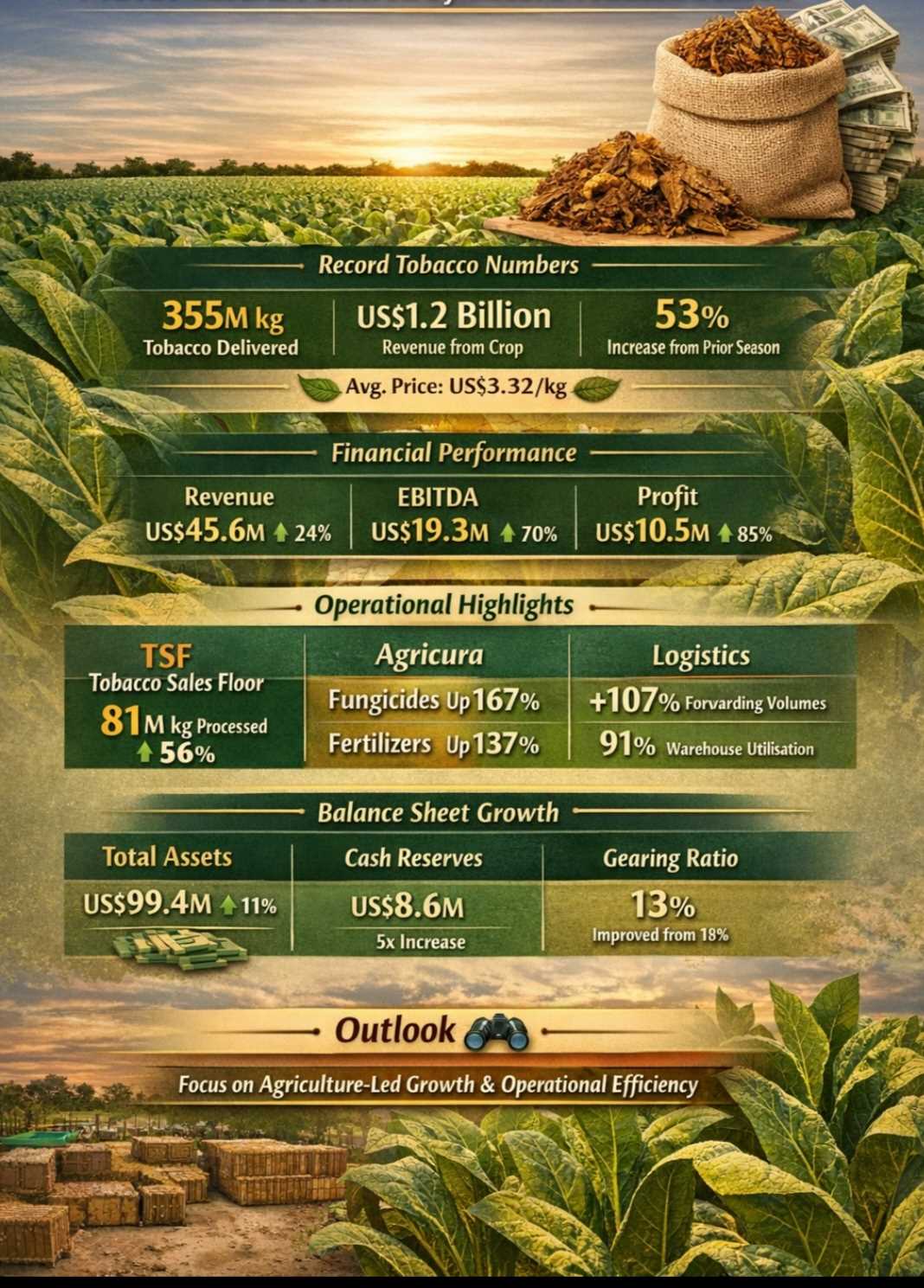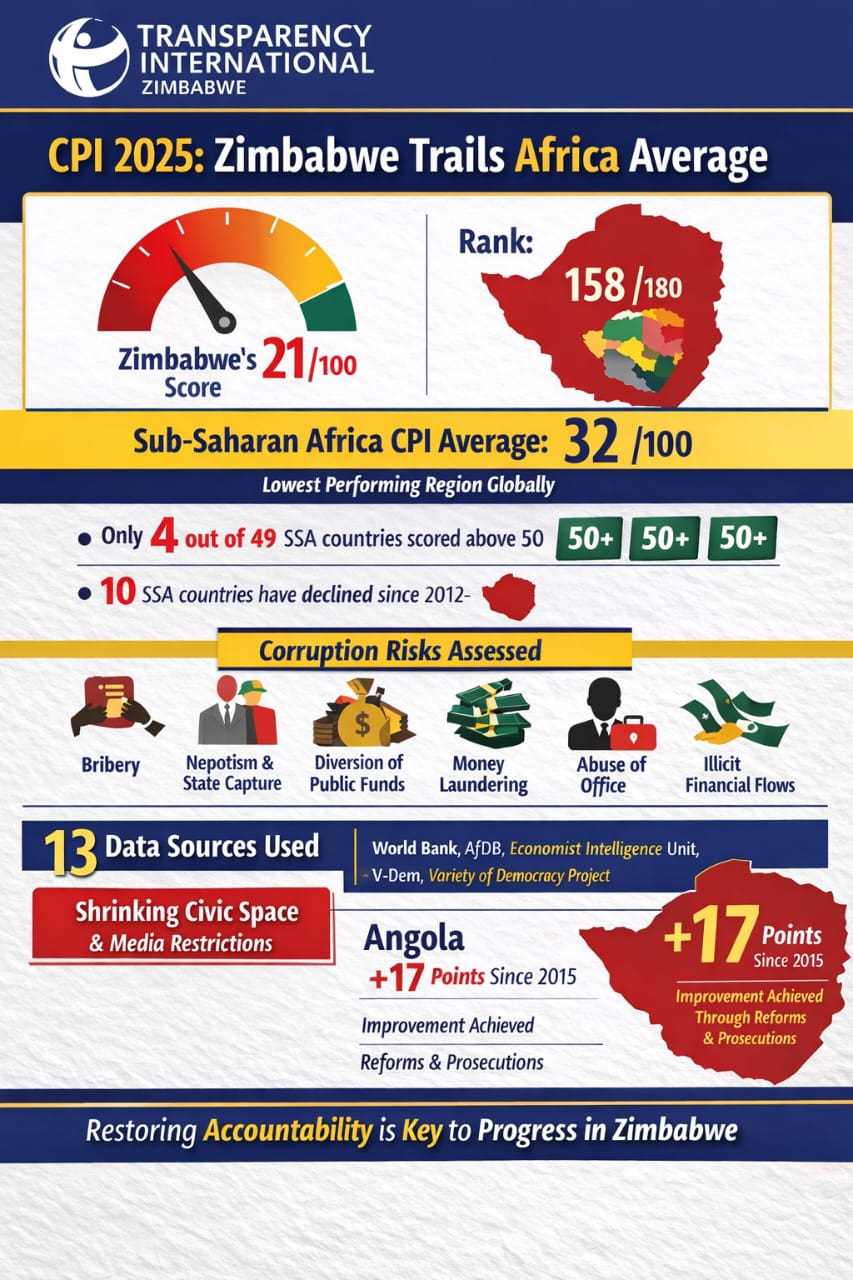
Audrey Galawu
The World Economic Forum Current risk landscape in 2024 has extreme weather as number one risk globally.
Zimbabwe is no exception with the current changing weather patterns with the rainy season shifting from October to late December and this has affected the planting seasons with prolonged dry spells.
On Wednesday, President Emmerson Mnangagwa declared a state of disaster due to an El Nino-induced drought threatening food security in the country.
The 2023/2024 agricultural season has not performed according to expectations due to the El Nino-induced drought.
Zimbabwe currently faces a food cereal deficit of nearly 680 000 metric tonnes of grain against the country’s annual cereal requirement of 2.2 million tonnes for both human and livestock consumption.
Zimbabwe is an agro-based economy, so these extreme weather conditions have a negative impact on the economy, through fiscal pressures exerted by imports and ensuring food security for the vulnerable members of society, thereby crowding out investment, which is key for improved productivity and competitiveness.
According to the National Competitiveness there is need for a disaster risk management plan to mitigate the effects of the El Niño-induced drought which has negatively affected various sectors of the economy, with adverse impacts on manufacturing and energy industries.
Related Stories
“Strong disaster management will improve agricultural productivity, thereby ensuring uninterrupted supply of raw materials from local sources for secondary production. This builds up value chains and fosters national competitiveness.
“Furthermore, disaster management spurs investment in resilient infrastructure, innovation, risk mitigation and regulatory compliance, which are key competitiveness pillars.
“By effectively managing disasters, businesses can maintain stability, recover quickly from disruptions, and capitalise on opportunities, ultimately gaining a competitive advantage in the marketplace,” NCC advised.
Meanwhile, the WEF has also featured Cyberattacks as one of the high risks for 2024.
Zimbabweans have been adopting the online and digital way of doing things. There is now a growing threat of viruses and malware attacks.
The attacks might target financial institutions and other confidential information which can be of huge costs to the economy.
The Commission observed that although Zimbabwe has made great strides in mitigating misinformation and disinformation through the enactment of the Cyber and Data Protection Act of 2021, with the objective of increasing cyber security in order to build confidence and trust in the secure use of information and communication technologies by data controllers, their representatives and data subjects, the country has not yet published a national cybercrime strategy.



















Leave Comments